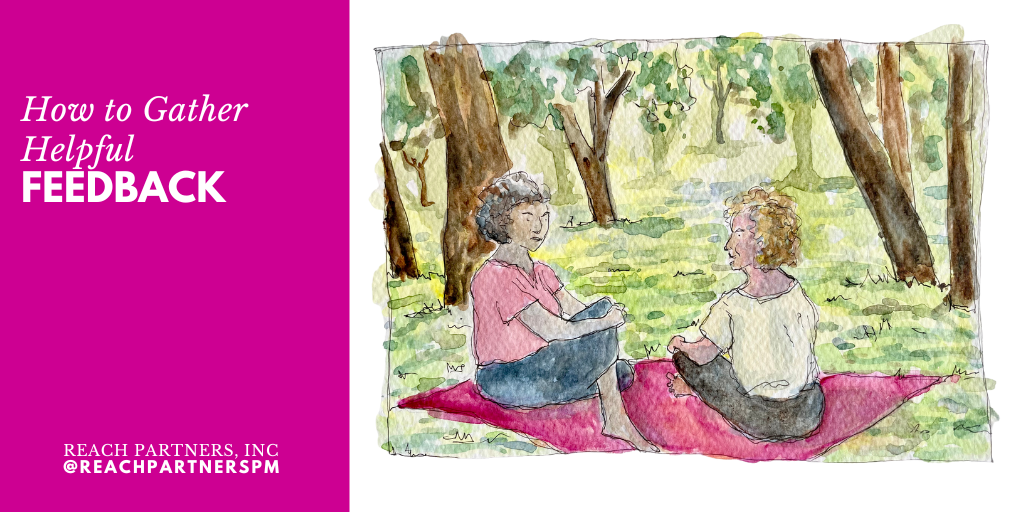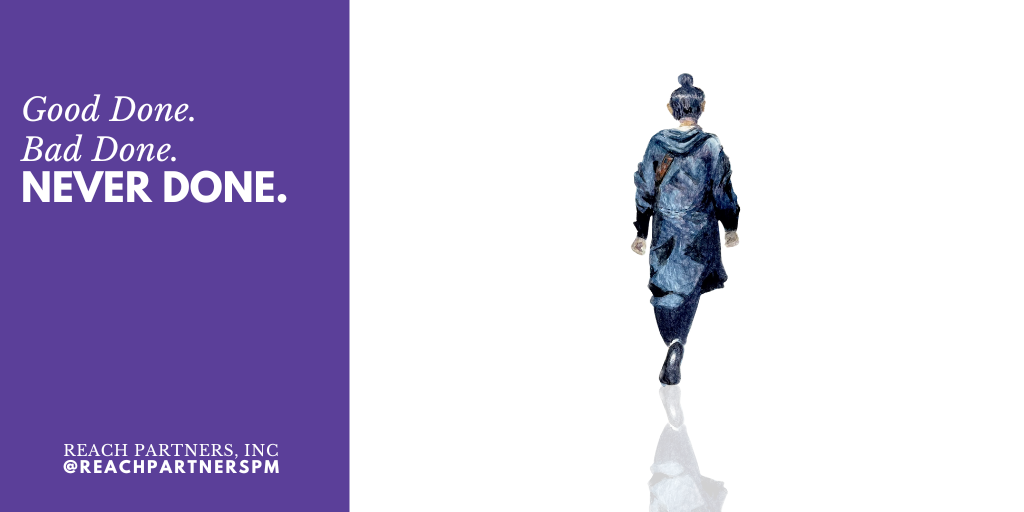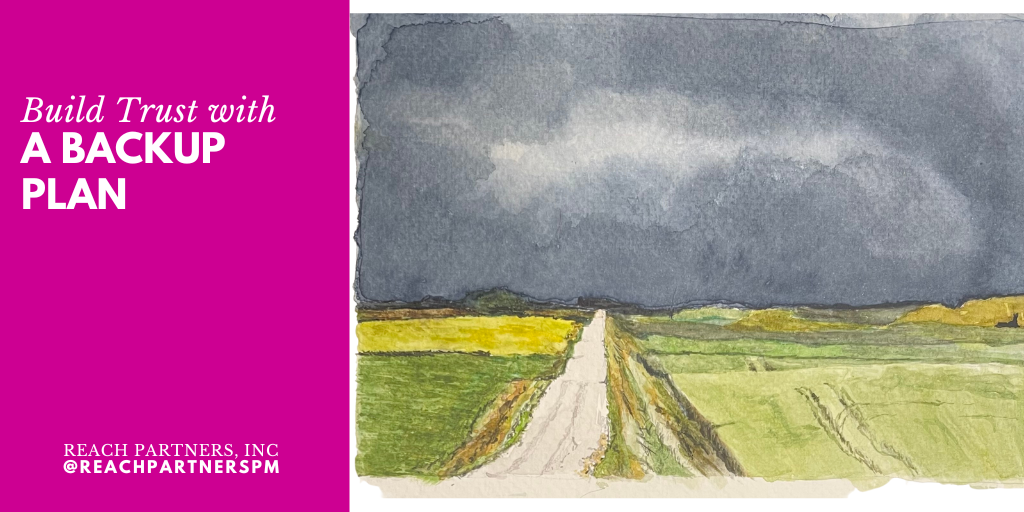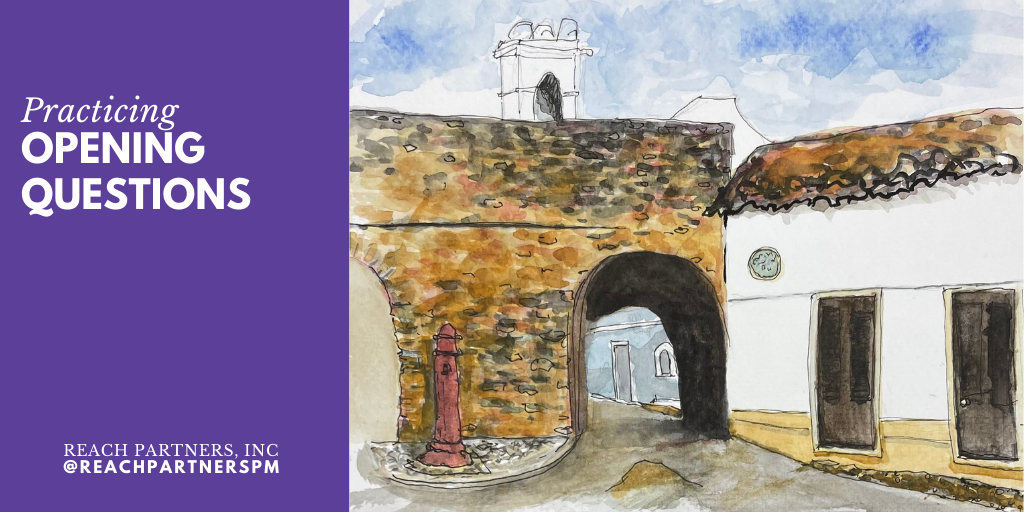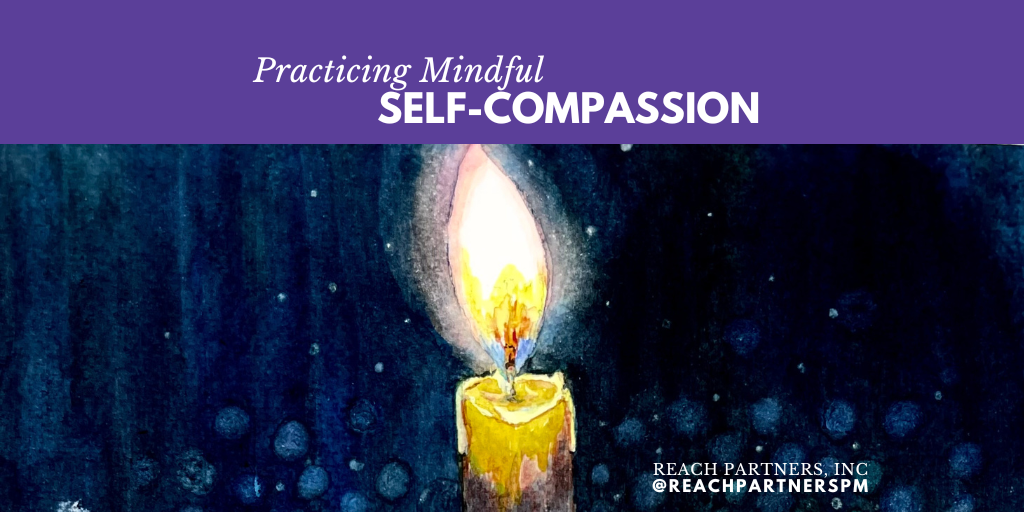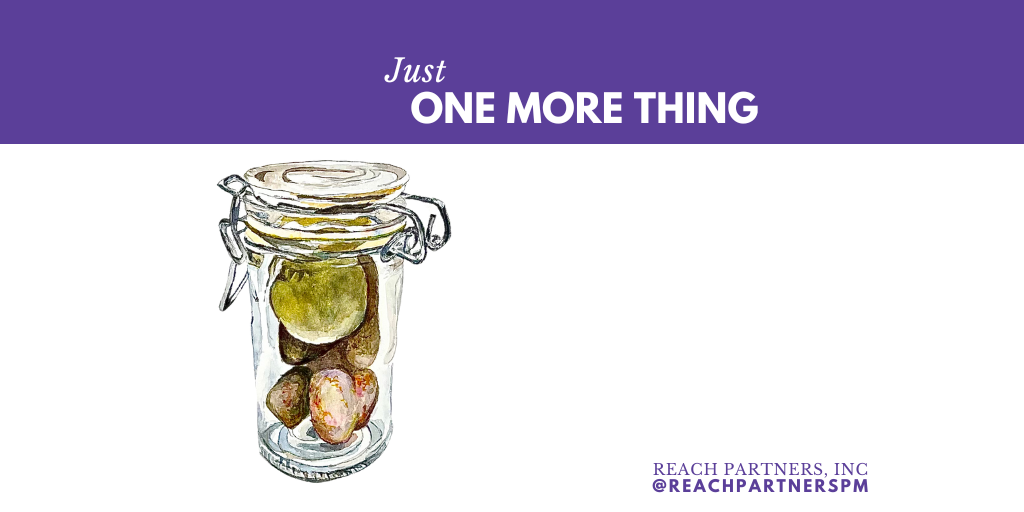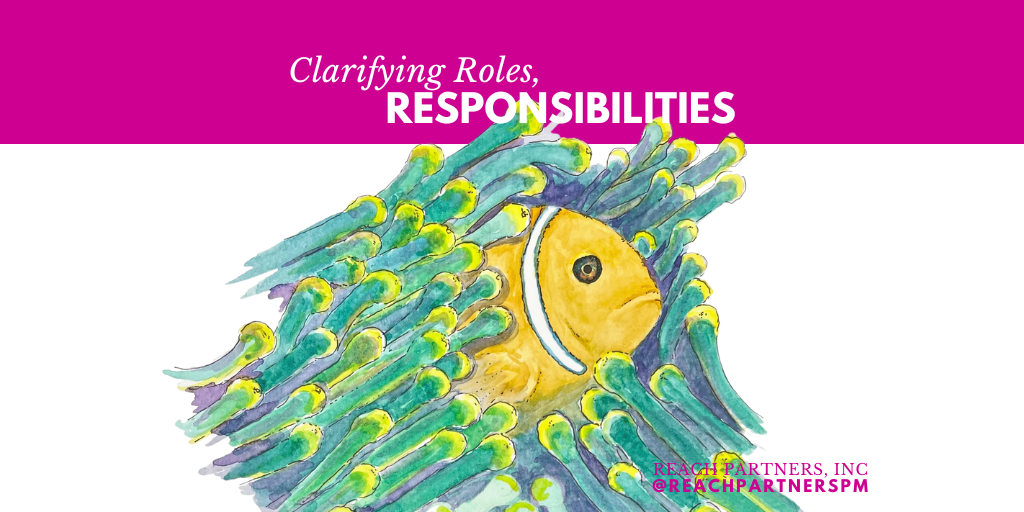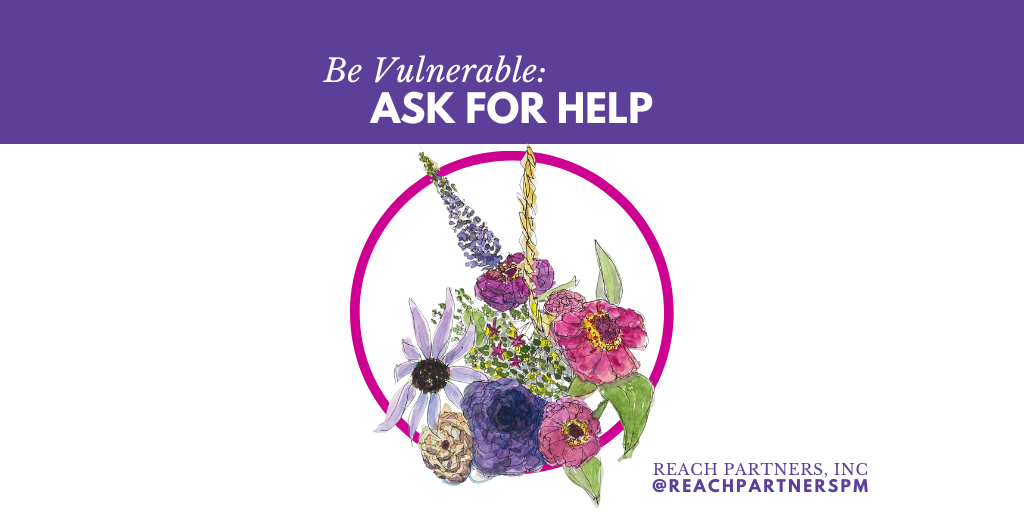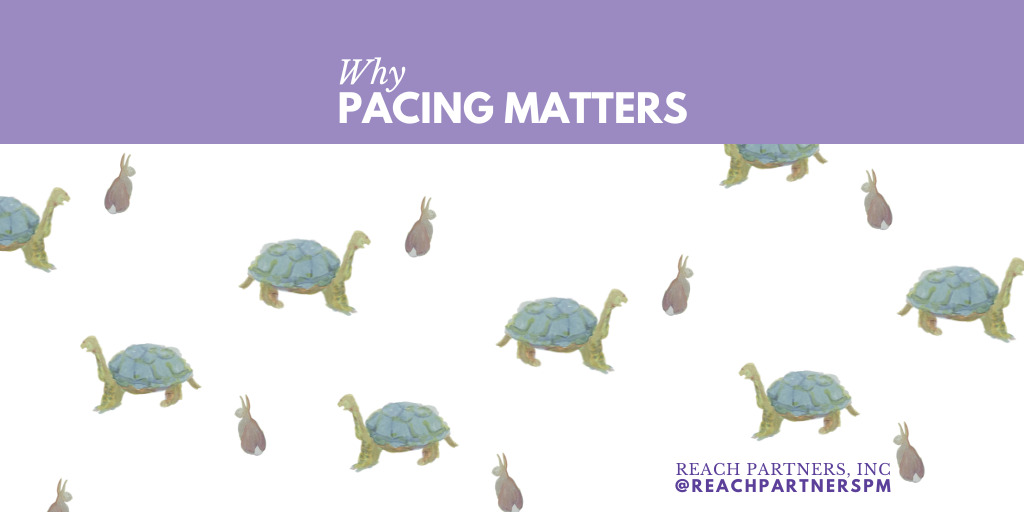|
I was once invited to give feedback on an activity my child participated in. I’m confident the leaders had good intentions – after all, they asked parents to fill out a survey. But, I didn’t feel fulfilled after answering the questions. I didn’t understand why my input was needed. Was I helping to make the activity better for the next year? Was I understood?
You’ve likely found yourself in a similar situation. The experience prompted me to think deeper about why we need feedback and the best way to gather it.
0 Comments
Have you ever just wanted to be done with something?
As a project manager, the word “done” can carry two very different meanings. On one hand, it signifies completion and accomplishment, that moment when all the tasks have been achieved and the project is ready for delivery. On the other hand, "done" can also be associated with frustration. Despite the hard work, challenges and setbacks may still linger. The feeling of true completion remains elusive. After completing a post activity report (PAR) for a recent project, Anita and I discussed the wisdom of having a backup plan.
Yes, we complete a PAR for every project, which we talk about more here. But this post is really about dealing with yet another winter storm this long winter, and the plan we created to mitigate the risk of weather. Creating a backup plan extends our strategic approach for achieving our client’s goal, which is our most important goal. We have found one of the best ways to start a meeting is with an opening question.
The simple act of asking a question at the beginning of a meeting builds a stronger, more effective team. It’s a great way to ensure that people who need to work together get to know each other better. Here’s how: It’s hard to take time for yourself when the calendar is full, but I’m learning that might be the perfect time to do so.
Recently, Rachel and I took an online course on self-compassion from experts Kristin Neff – if you’ve ever heard anyone referencing self-compassion, it was likely her! – and Chris Germer. They have been working together since 2010. We didn’t have an extra 12 hours in our schedule, but making time for that course was worth it. We want to be the best human beings and project managers that we can be. We accomplish this by learning, growing, and expanding our thinking. ’Tis the season for one more thing – one more cookie, one more gathering, one more decoration, gift, or craft.
It’s tough being human. We have a lot of wants to manage in a mere 24 hours. In a season of lots of wants, we get to navigate our priorities to help us make decisions. How do we do it? In late October, the Project Management Institute asked its Twitter followers to scare a project manager in five words or less.
The answers were creative and relatable, but one stuck out: Don’t define roles and responsibilities. Yikes! That would certainly scare me. Clarifying roles and responsibilities for people is necessary to achieve project success. I don’t want to work with a team or group that thinks this level of detail isn’t required. Taking the time to define this is critical, yet we repeatedly run into situations where people don’t recognize the importance of this step or don’t know how to do it. It can be hard to ask for help.
We have been programmed to believe that strength is individual, that asking for help is a sign of weakness. This mentality, however, deprives us of the power that can come from working together, instead of alone. At Reach Partners, we have observed that good leaders recognize that they can’t do everything alone. We’ve seen that the best leaders take that one step further; they know how to ask for exactly what they need while empowering others to contribute. Here’s how that played out recently: We all have different ways of evaluating information. Some of us are quiet thinkers; others like to write things down before sharing our thoughts.
Several of our clients are verbal processors. Some of these leaders describe themselves as such – they know who they are. Others don’t necessarily see identify themselves as verbal processors, usually because they’re quieter by nature. Verbal processors aren’t always the loudest people in the room, but they do need to speak aloud to make sense of the world, to process perspectives, to refine ideas, and to make the breakthroughs. When a team invites Reach Partners to join them, we’re asked to provide focus on a project. Even if the team members work side-by-side each day, they often need help with the pace of the project – the way a project’s progress moves forward.
Different than a timeline or milestones, pacing is about understanding when to pause or slow down and when to speed ahead. Every milestone in a project’s plan deserves its own sense of pace. |
Reach PartnersYour partners in leadership. Categories
All
Archives
April 2024
|
|
|
Reach Partners, Inc
3330 Fiechtner Dr. Suite 100 Fargo, ND 58103-2321 701-271-8170 Copyright (C) 2024 Reach Partners Inc.
|

